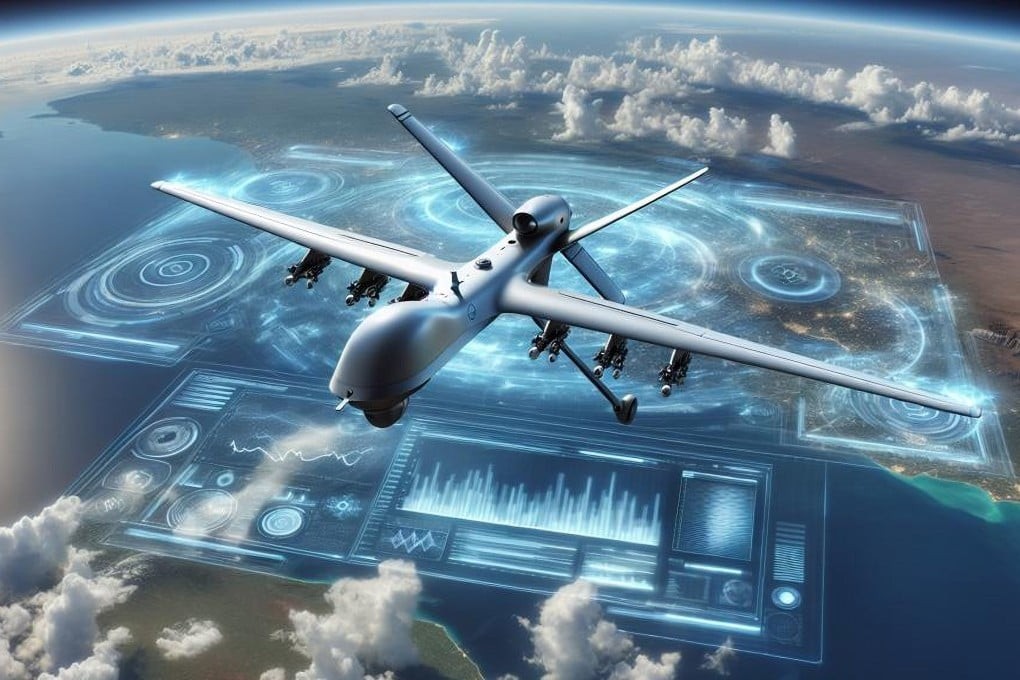
In a groundbreaking move, artificial intelligence leader OpenAI has announced its first major defense partnership with Anduril Industries to create advanced anti-drone defense systems. The collaboration marks OpenAI's strategic entry into the defense sector, specifically focusing on countering unmanned aerial threats.
Anduril Industries, founded by Oculus VR co-founder Palmer Lucky, brings substantial defense expertise to the partnership through its existing portfolio of military technology, including sentry towers, communications jammers, and autonomous systems. The company currently provides anti-drone solutions to the U.S. government and recently secured a $100 million contract with the Pentagon's Chief Digital and AI Office.
Under the new partnership, OpenAI's artificial intelligence models will be integrated into Anduril's systems to enhance data processing capabilities and improve situational awareness while reducing operator workload. OpenAI has specifically emphasized that their technology will only be used for defense against unmanned aerial threats, deliberately avoiding applications that could lead to human casualties.
"OpenAI builds AI to benefit as many people as possible, and supports U.S.-led efforts to ensure the technology upholds democratic values," said OpenAI CEO Sam Altman, highlighting the partnership's focus on protecting military personnel and maintaining national security.
The collaboration comes amid broader shifts in OpenAI's stance on military applications. The company recently modified its policy language regarding military use cases, opening doors for national security applications that align with its mission. This change reflects a growing trend of AI companies entering the defense sector, as exemplified by similar moves from competitors like Anthropic and Palantir.
Both companies frame the partnership as a strategic necessity to maintain U.S. technological competitiveness, particularly in relation to Chinese state hackers advancing AI capabilities. The collaboration represents a notable convergence of Silicon Valley innovation with national defense priorities, potentially reshaping the landscape of military technology development.